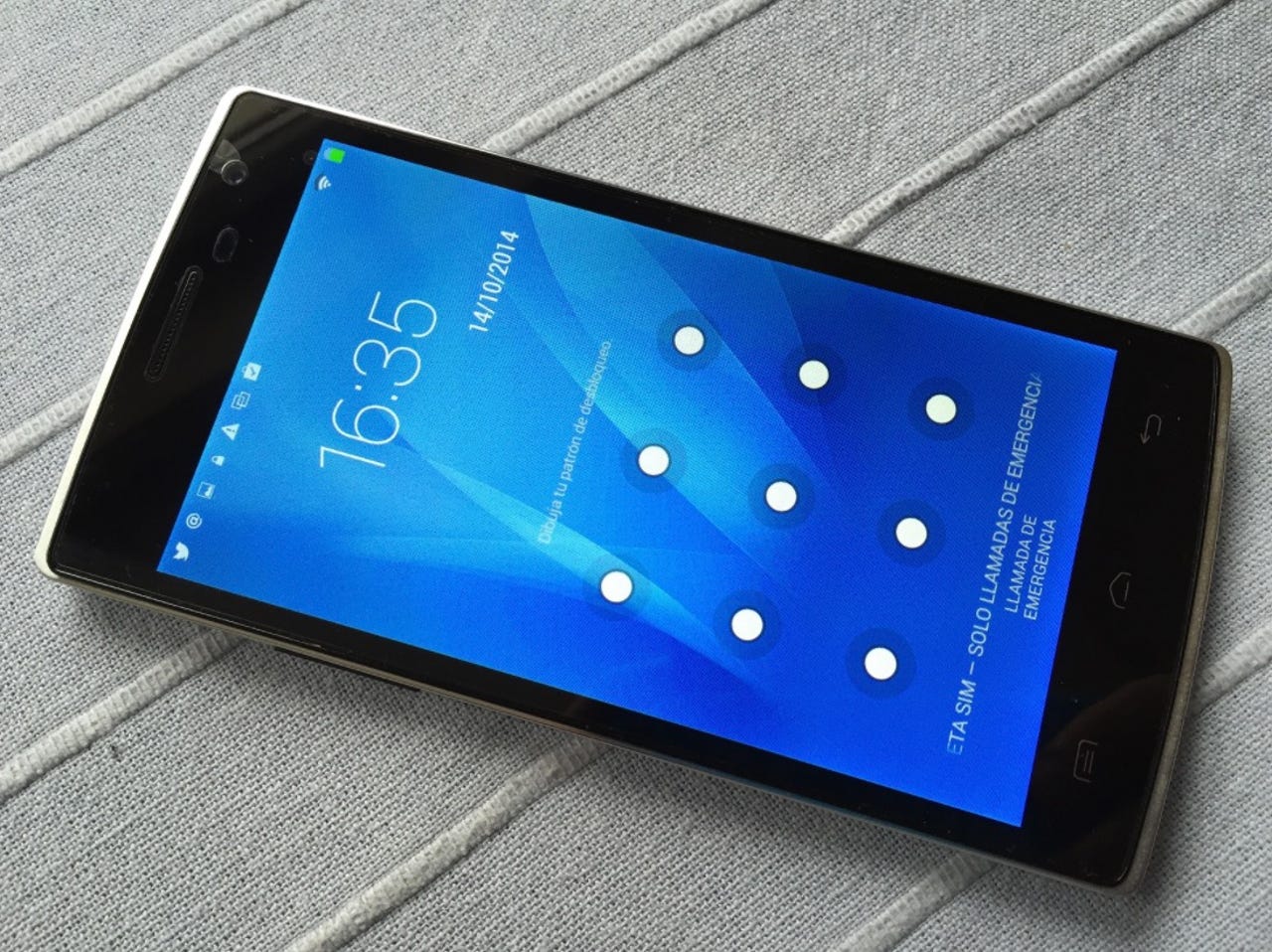Google acquires Relay Media in mobile web push


Google has acquired Relay Media, potentially to take advantage of the firm's technology for speeding up mobile web pages.
On Monday, as reported by TechCrunch, the news was quietly posted on Relay Media's homepage.
The company, a creator of a converter of web pages to the AMP HTML format, said Relay Media was acquired by Google this month.
No financial details have been disclosed.
"We're excited to announce that Google has acquired Relay Media's AMP Converter technology," Relay Media says. "Service for current customers will continue uninterrupted as we transition the Relay Media AMP Converter to Google's infrastructure. We're pausing new publisher onboarding as we focus on the integration effort."
Featured
The Accelerated Mobile Pages (AMP) Project is an open-source initiative to promote the new AMP HTML standard for quickly loading mobile pages -- adverts, analytics, paywalls, and all.
It is sometimes the case that a company or vendor will have a sleek, intuitive desktop browser-based domain, but when attempting to load the same domain on a mobile device, extra embedded content such as adverts or popups can slow down loading or disrupt the entire structure of a page.
The AMP Project utilizes AMP HTML -- with some restrictions -- to improve performance; the AMP JS library for quick rendering, and the AMP Cache, Google's cache, which can be used to serve cached pages.
Relay Media launched in May 2016. At the time, CEO and co-founder David Gehring, who has otherwise worked with Google and news publishers through the Digital News Initiative (DNI), said that mobile is far from dead, as there are "favorable currents amidst the troubled waters of the digital ecosystem for quality publishers."
"More users encounter content on the open mobile web than on desktop browsers or apps, and total mobile ad spending is now outpacing desktop," Gehring said. "Programmatic CPMs are rising for quality publishers and viewable impressions. Unfortunately, publishers' ability to compete for revenue and engagement is impeded by cluttered, slow-loading pages and non-viewable ads."
"AMP is a well-timed opportunity to course-correct, providing the instant experience users desire and a clean, well-lit environment for monetization," the executive added.
Google may close down the separate service and harness the converter technology itself to boost its own AMP push. Faced with the issues that mobile pages often present consumers, dedicated apps for particular sources -- such as news outlets -- have become a viable alternative.
However, if AMP takes hold, then Google is able to scrape revenue from mobile searches, and so it makes sense for the tech giant to invest in the project.
Update 15.58 BST: A Google spokesperson confirmed the acquisition to ZDNet.